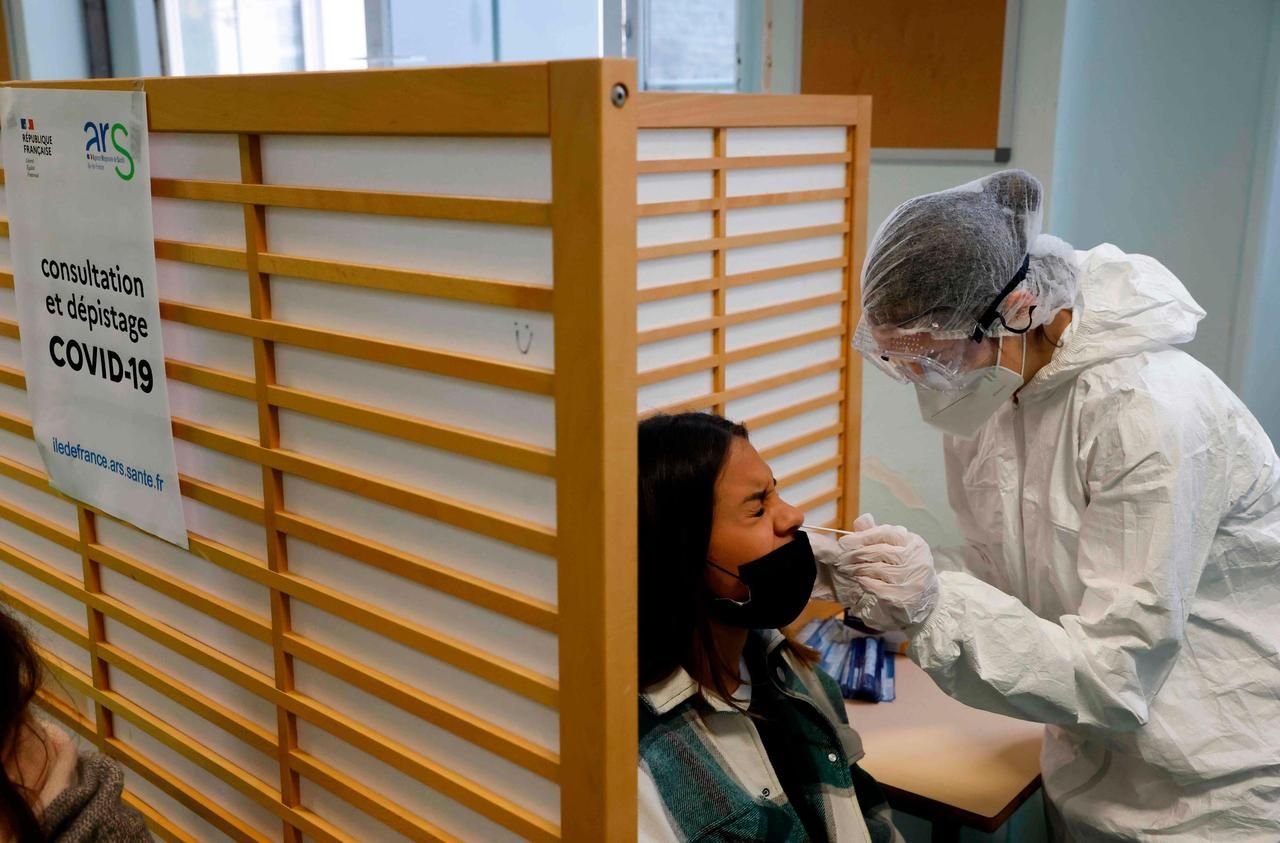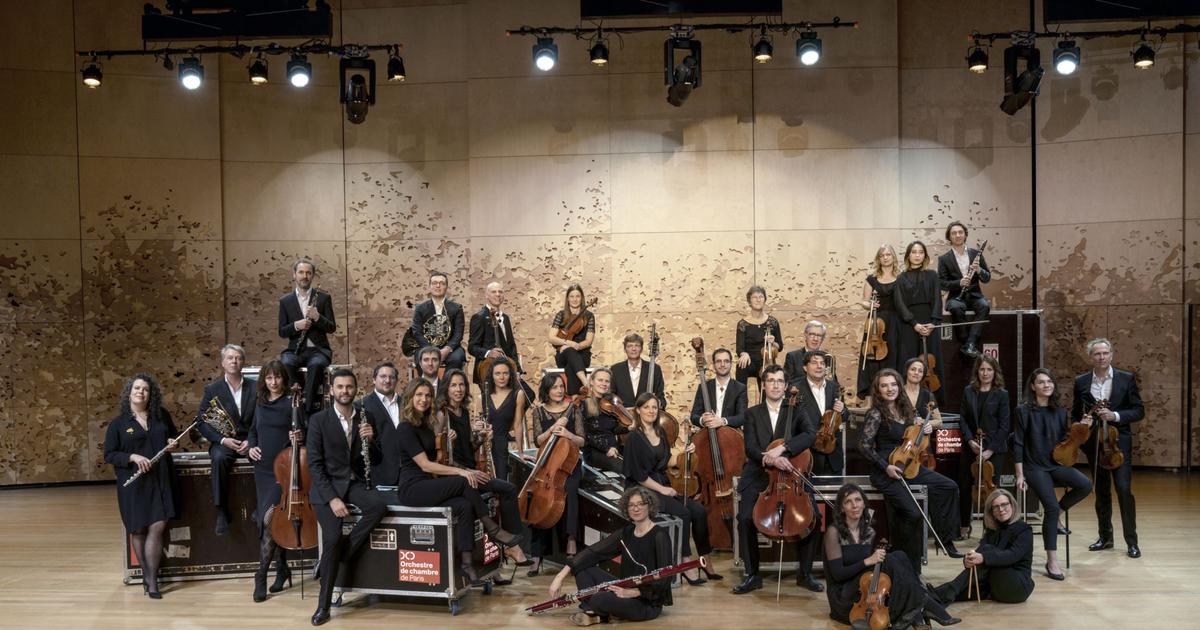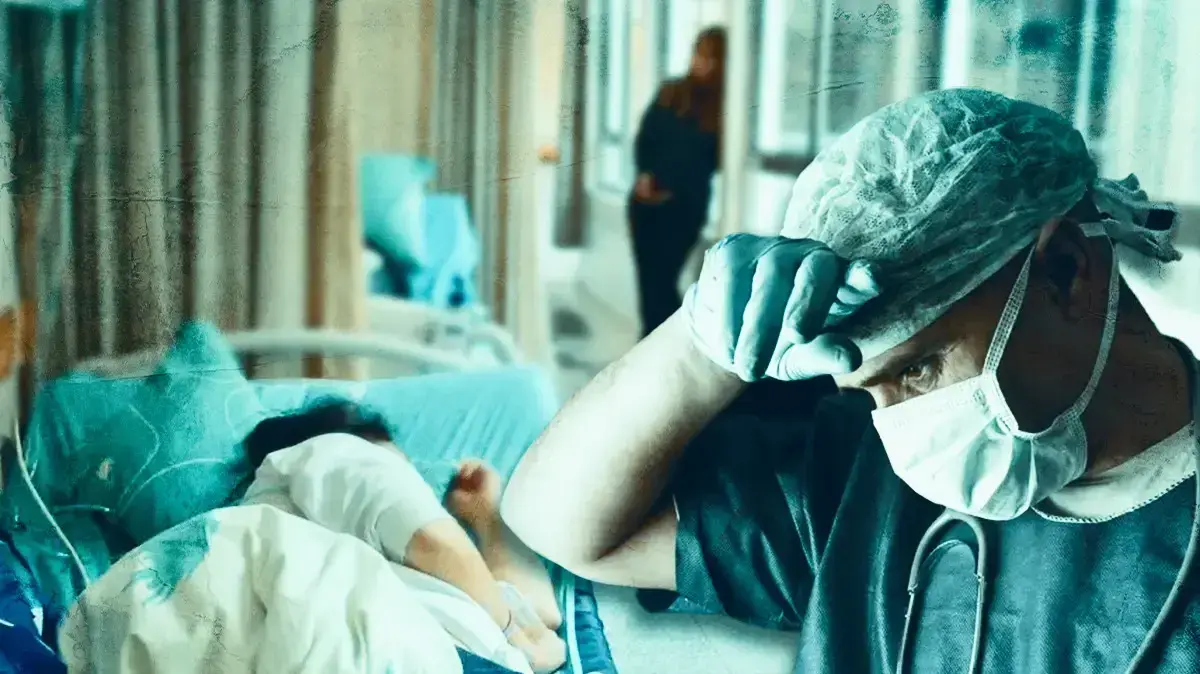While President Emmanuel Macron will unveil, this Tuesday, the main lines of a lighter confinement, five doctors and epidemiologists are discussing their tracks to avoid an epidemic resumption.
A curfew from mid-December
If "the confinement has undoubtedly served something and our efforts have paid off," enthusiastically underlines the head of intensive care at the Paris Saint-Antoine hospital, we must still remain cautious.
And proceed with an exit in stages, according to Bertrand Guidet, specifying that it is better to speak of "light confinement" rather than "deconfinement": "the word is inappropriate", he said.
The doctor advocates the establishment of a curfew, before the end of the year holidays, a kind of compromise between too restrictive measures and an impossible return to normal.
“During the day, certain sporting and cultural activities must be able to resume with precautions, we can also consider reopening restaurants during the holidays with a capacity of 6 people and tables spaced until 10 pm.
"
For this specialist, it is also important to give a little hope to everyone in this gloomy climate: "People are fed up with confinement, they are tired", he blurted out, worried by the heavy psychological consequences. of isolation.
Citizen brigades
His job: to represent the doctors of the Hospitals of Paris.
But according to Professor Rémi Salomon, successful deconfinement goes hand in hand with the involvement of the population and the creation of networks of mutual aid and solidarity.
“We need to create citizen brigades in each neighborhood, in collaboration with civic service or associations.
»Trained people who come to the home of those who test positive to explain to them why they must isolate themselves and how to do it best.
“It's different to be in 100 m2 for two or in an F3 for five.
»A direct contact for more pedagogy.
Example: not having meals with members of your family if you are infected.
Or even ventilate at home.
Deconfinement by regions
For Gilles Pialoux, head of infectious diseases at Tenon hospital (Paris), it is inconceivable to deconfin the entire country given the still active circulation of the virus.
“One could imagine that in regions where the incidence rate is still high, it is later, he submits, or while a curfew is decided in the Rhône, for example or in Savoy.
"
When these restrictions are lifted, it will be necessary to better follow the evolution of the epidemic by relying on earlier markers such as the analysis of wastewater or the screening of a metropolis or a control company and follow the number. contaminations in this group.
"We could thus extrapolate and have a more precise vision of the spread of the Covid".
Finally, he says, weekly screening, based on antigenic tests in nursing homes, to caregivers, medico-social services and slaughterhouses must be extended.
“We can no longer blindly deconfin as we did on May 11!
"
Stay confined and screen massively
For Catherine Hill, former head of the biostatistics and epidemiology department at the Gustave-Roussy Institute in Villejuif (Val-de-Marne), confinement, which should now be extended, only makes it possible to “slow down” l 'epidemic.
“To gain control, it is imperative to test the population on a massive scale.
"
Newsletter - Most of the news
Every morning, the news seen by Le Parisien
I'm registering
Your email address is collected by Le Parisien to enable you to receive our news and commercial offers.
Learn more
The solution of this expert is not to submit 65 million French people to a test in a short time but in a grouped manner, as is done in Germany or Israel, by residential areas or by regions using saliva samples and antigenic tests with results obtained in just 30 minutes.
The goal is to flush out infected people as soon as possible and isolate them before they infect others because "most cases are only contagious for 10 days, 4 before symptoms and 6 from the appearance of these symptoms, ”observes Catherine Hill.
“What we are doing today in France is very inefficient.
We isolate a tiny part of the contaminated people since we test on average three days after the onset of symptoms, with a test result the next day, or nine days after infection.
It's much too late!
"
According to epidemiologist Dominique Costagliola, we must first wait for the epidemic to continue to decline and therefore remain confined "at least until the holidays", before returning to the effective measure of the famous "test-trace-isolate".
Because when there are too many cases, it turns out to be impossible to follow them well, identify them and isolate them.









